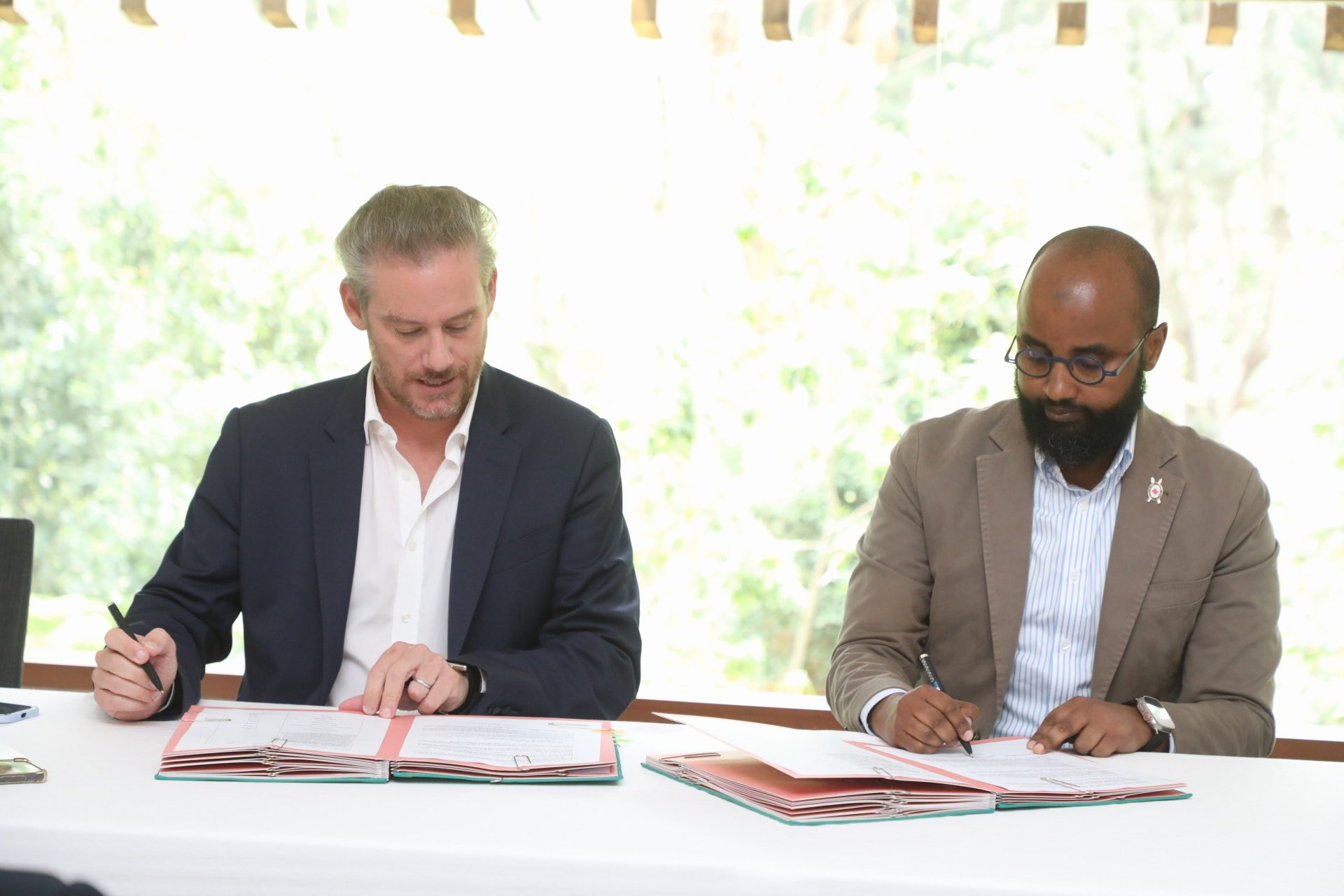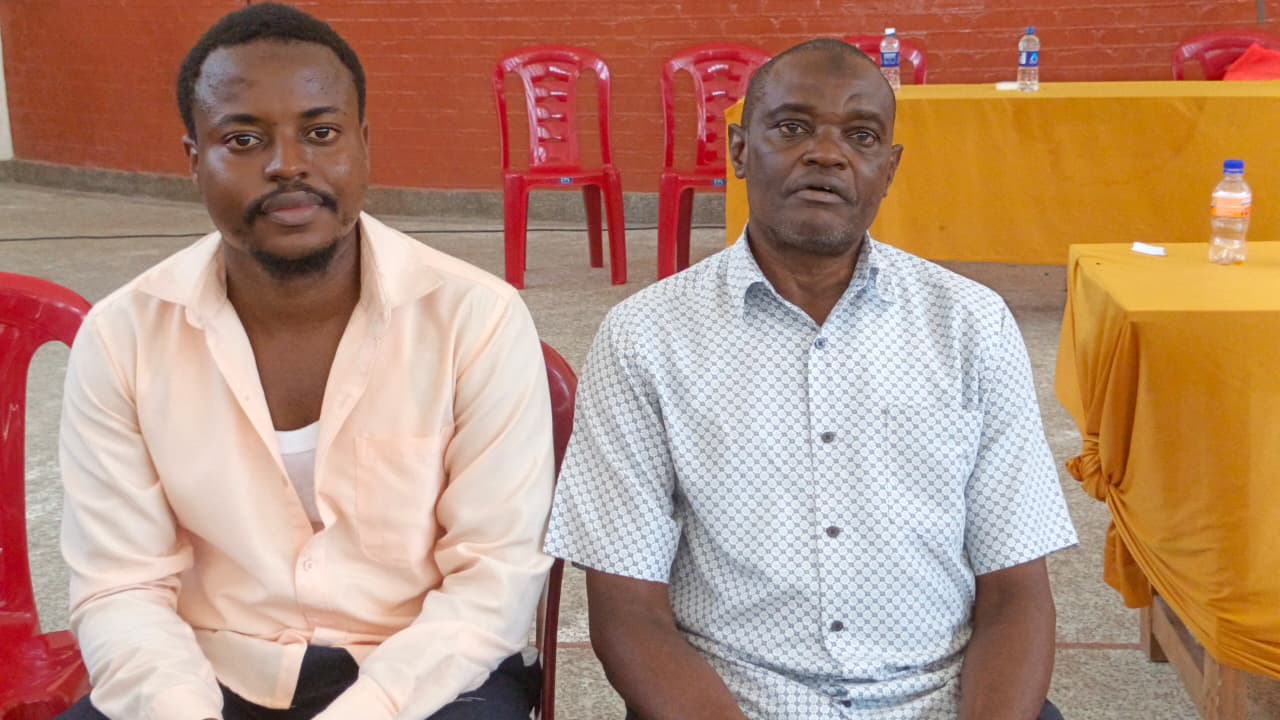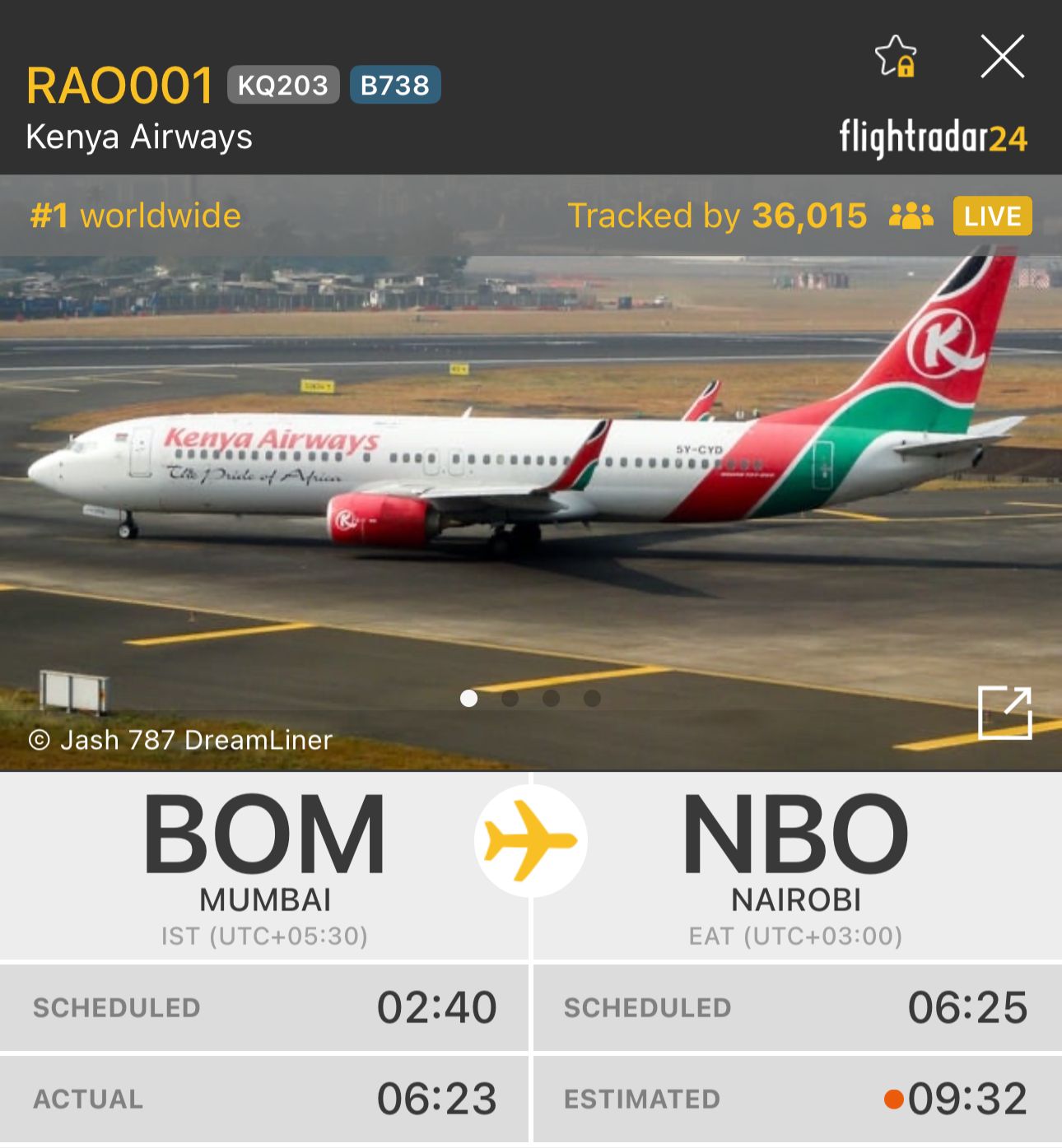WHO warns of growing Antimicrobial Resistance crisis as global deaths hit 1.3 million

Antimicrobial Resistance (AMR) occurs when bacteria, viruses, fungi and parasites change over time and no longer respond to medicines making infections harder to treat and increasing the risk of disease spread, severe illness and death.
The World Health Organisation (WHO) has identified Antimicrobial Resistance (AMR) as a leading cause of death worldwide, with 1.3 million deaths directly attributed to it.
Antimicrobial Resistance (AMR) occurs when bacteria, viruses, fungi and parasites change over time and no longer respond to medicines making infections harder to treat and increasing the risk of disease spread, severe illness and death.
More To Read
- WHO raises alarm as antibiotic resistance threatens global health gains
- Scientists discover brain cells linked to depression, offering hope for better treatments
- Inside El Fasher: A city under siege as hospitals and civilians face relentless attacks
- WHO says rebuilding Gaza’s shattered health system critical to a lasting peace
- WHO warns of alarming teen vaping surge as 15 million adolescents now using e-cigarettes
- Growing health crisis among Kenya’s elderly: Costs, care and insurance coverage
During the 77th World Health Assembly, WHO Director-General Tedros Adhanom Ghebreyesus emphasised the urgency of the AMR crisis.
"AMR is an urgent and growing crisis and is already a leading cause of death globally. In 2019, 1.3 million deaths resulted directly from bacterial AMR—more than two deaths every minute on average," he stated.
Tedros warned that AMR threatens to reverse a century of medical progress, jeopardizing animal and global food security, as well as the environment.
He also mentioned that the World Health Assembly had approved a resolution to accelerate both national and global responses to AMR through a One Health approach.
“WHO is committed to supporting countries in implementing this resolution alongside partners such as the Quadripartite organization, the UN Food and Agriculture Organization (FAO), the UN Environmental Programme (UNEP), and the World Organisation for Animal Health (OIE),” the Director-General said.
Speaking at the assembly, Professor Peter Piot noted that AMR, though a significant problem, has solutions. "This is not only a big problem but a problem with a solution. Let's make sure that the microbial will not have the last word."
The WHO has recently updated the Bacterial Priority Pathogens List (BPPL) for 2024, categorizing 15 families of antibiotic-resistant bacteria into critical, high, and medium priority groups.
 French Ambassador to Kenya Arnaud Suquet and Kenya Red Cross Secretary-General Ahmed Idris during the signing of the partnership agreement to combat antimicrobial resistance on May 10, 2024. (Photo: Kenya Red Cross)
French Ambassador to Kenya Arnaud Suquet and Kenya Red Cross Secretary-General Ahmed Idris during the signing of the partnership agreement to combat antimicrobial resistance on May 10, 2024. (Photo: Kenya Red Cross)
During the launch, Dr Yukiko Nakatani, WHO’s Acting Assistant Director-General for AMR, highlighted the list's crucial role in understanding the global impact of drug-resistant bacteria on public health and guiding investment and access.
"Since the first Bacterial Priority Pathogens List in 2017, the threat of antimicrobial resistance has intensified, eroding the efficacy of numerous antibiotics and risking the gains of modern medicine," said Yukiko.
Public health
The BPPL 2024 stresses the need for a comprehensive approach to combating AMR, advocating for universal access to effective prevention, diagnosis, and treatment measures. This initiative is essential for mitigating AMR's impact on public health and the economy.
Dr Jérôme Salomon, WHO's Assistant Director-General for Universal Health Coverage, warned of the escalating challenge posed by AMR in treating severe infections such as tuberculosis, which leads to increased mortality rates.
High-priority pathogens like Salmonella and Shigella pose significant burdens in low- and middle-income countries, while pathogens like Pseudomonas aeruginosa present additional challenges.
The BPPL 2024 aims to guide the development of new treatments to combat AMR, stressing the importance of international cooperation and innovation in addressing this global health challenge.
Last month, the Kenya Red Cross partnered with the French Embassy in Nairobi to confront the growing threat of AMR. According to the Institute for Health Metrics, Kenya had 8,500 deaths attributable to AMR and 37,300 deaths associated with AMR in 2019, ranking 177th in age-standardized mortality rate per 100,000 populations across 204 countries.
The collaboration aims to tackle AMR across East Africa through a comprehensive regional project that integrates efforts across human health, animal health, and environmental sectors.
The WHO warns that without effective interventions, annual deaths due to AMR could escalate to as many as 10 million by 2050. Antimicrobial medicines are the cornerstone of modern medicine, and the emergence and spread of drug-resistant pathogens threaten our ability to treat common infections and perform life-saving procedures, including cancer chemotherapy, caesarean sections, hip replacements, and organ transplants.
Additionally, drug-resistant infections impact animal and plant health, reduce farm productivity, and threaten food security. AMR imposes significant costs on health systems and national economies by necessitating more expensive and intensive care, prolonging hospital stays, and harming agricultural productivity.
Top Stories Today












































